The solution uses machine learning to optimise payments, increase acceptance rates, and reduce payment costs.
In 2022, merchants in the US, UK, France, and Germany lost $50.7 billion solely due to declined payments. Adding salt to the wound, 42% of consumers will feel deterred from using that merchant again because of a failed payment.
Oxford Economics estimates that businesses lost up to 2.1% in revenue in 2022 due to inadequately optimised payment acceptance. For companies making $1 billion a year, that’s a $21-million loss, and a $210-million loss for companies making $100 billion a year.
“As online sales skyrocket and buying a pair of shoes becomes easier, so does the amount of money lost by merchants whose payments fail on completely legitimate shoppers who then go buy them somewhere else,” says Daniel Linder, Senior Director, Payment Performance at Checkout.com.
“As online sales skyrocket and buying a pair of shoes becomes easier, so does the amount of money lost by merchants whose payments fail on completely legitimate shoppers who then go buy them somewhere else”
Daniel Linder, Senior Director, Payment Performance at Checkout.com

Why false declines occur
Payment processing is complicated, to say the least. Add to that increased regulations, cross-border payments, disjointed scheme and issuer rules, disjointed payment tech stacks, and a lack of data, and it’s a wonder that false declines aren’t even higher.
In some cases, declines come about through crude implementation. For example, Europe requires SCA—Strong Customer Authentication—for many transactions, unless an exemption exists. SCA requires that buyers verify their identity through a combination of methods, such as biometrics, a PIN, or their smartphone. A common way to implement SCA is using the “3DS” (3 Domain Server) technical standard.
Recommended: Explore the Future of Finance at Nordic Fintech Week
Unfortunately, non-compliant 3DS traffic means merchants will receive a “soft decline” for the transaction. Soft declines can be tried again, whereas hard declines are final. In the case of misconfigured 3D traffic, simply retrying the transaction will only lead to repeated declines.
Some exemptions exist for SCA, yet even these suffer from complexities. Transactions can have different exemption types, and issuers have different preferences for the exemption types or what authentication routes they want to be used. “Approve” and “Decline” response codes don’t always get sent for a transaction, leaving the merchant guessing how to retry the transaction—and the customer frustrated, dropping the shopping bag, and leaving.
Checkout.com’s Intelligent Acceptance brings data, ML, and AI to payment performance
To solve the global payment acceptance issue, Checkout.com has developed an AI-driven solution called Intelligent Acceptance.
These days, people automatically connect AI with generative AI, whose inaccuracies have become well-known. However, the financial sector has been using another form of AI for decades, which relies on predictable results based on machine learning.
Checkout’s Intelligent Acceptance AI solution leverages in-house machine learning, advanced AI, global network data, and deep payment expertise to optimise payment acceptance and increase conversions.
Recommended: Explore the Future of Finance at Nordic Fintech Week
In the example above where a merchant receives no response code for a failed 3DS transaction, Intelligent Acceptance would use its in-house AI—which has been trained on over 20 billion data points—to determine the likely exemption type and route, then try the transaction again.
The results speak for themselves. For one customer, Intelligent Acceptance reduced soft declines related to 3DS by 75%, recovering as much as $400,000 in revenue per month. Another major brand reduced chargebacks from 22% to 1%, while also reducing customer payment issues from 40% to 5%.
In addition to leveraging its vast data sources, Intelligent Acceptance also provides a detailed data dashboard that gives merchants insight into their payments so they can act on any areas that need attention. The merchant remains in control and sets boundaries on what the AI can do.



